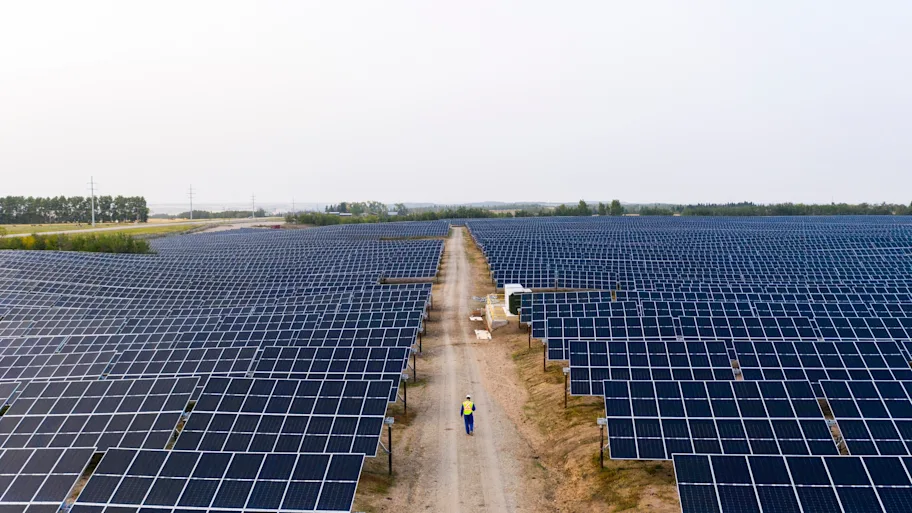
- Science news
- Featured news
- Ready for your summer trip? Here are five Frontiers articles you won’t want to miss
Ready for your summer trip? Here are five Frontiers articles you won’t want to miss

At Frontiers, we bring some of the world’s best research to a global audience. But with tens of thousands of articles published each year, it’s impossible to cover all of them. Here are just five papers you won’t want to miss before embarking on this summer’s travels.
Could total travel time estimates help push people to travel by train rather than by air?
Intuitively, we think of flying as the fastest way to get somewhere. But add the time we spend traveling to and from the airport, at security checks, and waiting for our luggage, and a short flight quickly becomes a longer endeavor. Writing in Frontiers in Psychology, researchers in Switzerland have tested if the illusion that flights save time could be dismantled, leading to people traveling by train more often.
In three studies, they provided both visual and written itineraries that state the total time of travel from door to door, not just the time on the plane. They found that if total travel time is explicitly stated, participants changed their preferred mode of transport and moved towards more environmentally friendly train travel. By implementing easy changes like itineraries with hidden time costs, CO2 emissions could be reduced significantly, the researchers said.
Article link: https://www.frontiersin.org/journals/psychology/articles/10.3389/fpsyg.2025.1588280/full
Tourism can shape the layout of towns
How do tourist towns, once quaint and small, grow into urbanized centers where tourist flock for relaxation? In a recently published Frontiers in Environmental Science article, researchers in China used remote sensing images taken between 2000 and 2022 to track the spatial and temporal characteristics and patterns of expansion of the urban area in Wulingyuan District, a Natural World Heritage Site, where tourism is the leading industry.
They showed that during the study period, the urban area expanded nearly fivefold. Urban expansion increased steadily and peaked between 2015 to 2022. The numbers of tourist attractions and hotels were identified as primary drivers of urban expansion. The city’s expansion started at its edges, continued there while also filling in empty lots in the center, and ultimately continued by filling in empty lots. The researchers also noted that Wulingyuan’s expansion was limited to the east, as the city is surrounded by mountains on three sides, resulting in a belt-shaped city layout.
Article link: https://www.frontiersin.org/journals/environmental-science/articles/10.3389/fenvs.2025.1588318/full
Most elephants at commercial tourist venues in Asia still live in largely inadequate conditions
Many trips to Asia include visiting a facility where tourists can interact with elephants. With animal-related tourism on the rise, a growing number of elephants are kept as attractions. Now, researchers set out to assess the living and welfare conditions of these elephants. They published their results in Frontiers in Ethology.
Over five years, the team evaluated more than 3,800 elephants at 357 venues across Thailand, India, Laos, Cambodia, Nepal, Sri Lanka, and Malaysia. During the assessments, the number of elephants kept at tourist venues increased by 62%. In 2019 to 2020, 63% of elephants were housed at venues scoring between one and five on a scale to 10, where higher scores mean better conditions. A further 30% lived at venues scoring between six and eight, which indicated 93% of elephants assessed were subject to at least some substantial welfare concerns. While the severity varied considerably, the team pointed out that all types of commercial captive use inhibit natural behavior and constrain a wild animal’s autonomy to some extent.
Article link: https://www.frontiersin.org/journals/ethology/articles/10.3389/fetho.2025.1532995/full
Melting glaciers could threaten tourism industry in Patagonia
Glaciers are melting, which not only threatens ecosystems, but also impacts the socioeconomics in affected regions. In a recently published Frontiers in Earth Science article, an international team of researchers examined glacial lakes close to the Southern Patagonian Icefield (SPI) between 1986 and 2023 to learn more about sudden releases of water from glacial lakes, known as glacial lake outburst floods.
Ice-dammed lakes, where glacial ice blocks the drainage of meltwater, in particular, have the potential to threaten tourism in the region, the researchers wrote. As the ice that keeps the water inside the lake melts, water is suddenly released. In 2017 and 2020, the highest occurrences of outburst floods were recorded. While the socio-economic damage is relatively low due to low population numbers in the region, the tourism industry might be taking a hit and popular ice trekking routes might get closed temporarily.
Article link: https://www.frontiersin.org/journals/earth-science/articles/10.3389/feart.2025.1534451/full
ChatGPT can translate your travel guide, but might miss cultural nuances
AI is getting better at many things, translation being one of them. But how well does it translate when linguistic and cultural complexities found in tourism texts come into play? Now, writing in Frontiers in Artificial Intelligence, researchers in China compared the translation prowess of ChatGPT, Google Translate, and DeepL on Chinese tourism texts.
When translating these texts to English, they found that ChatGPT consistently outperformed Google Translate and DeepL in fidelity, fluency, cultural sensitivity, and persuasiveness. It largely delivered outputs that were more engaging, rhetorically effective, and culturally attuned. While providing prompts beyond simple instructions resulted in more correct and appropriate output, the researchers also said that ChatGPT sometimes reinterpreted idiomatic expressions and cultural references that deviated from the original meaning. Accordingly, AI tools should be used to complement, not replace human expertise, especially when used in professional workflows, the team wrote.
Article link: https://www.frontiersin.org/journals/artificial-intelligence/articles/10.3389/frai.2025.1619489/full
REPUBLISHING GUIDELINES: Open access and sharing research is part of Frontiers’ mission. Unless otherwise noted, you can republish articles posted in the Frontiers news site — as long as you include a link back to the original research. Selling the articles is not allowed.







